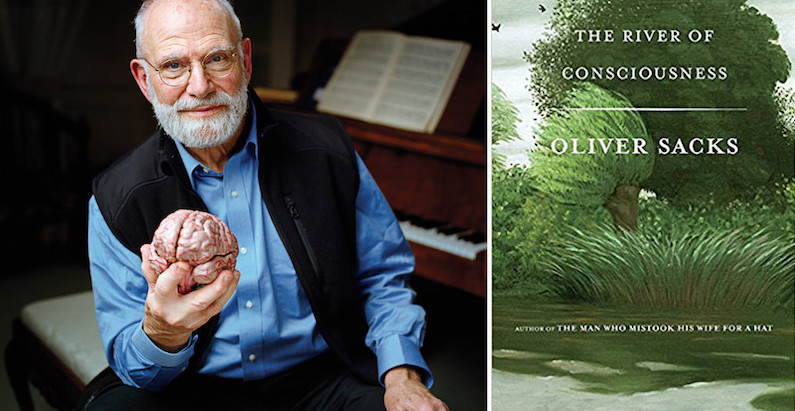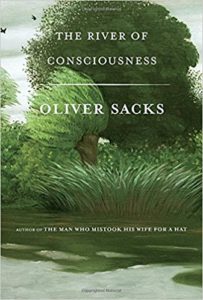

“Reading a book published after its author’s death, especially if he is as prodigiously alive on every page as Oliver Sacks, as curious, avid and thrillingly fluent, brings both the joy of hearing from him again, and the regret of knowing it will likely be the last time … However youthful, that combination of wonder, passion and gratitude never seemed to flag in Sacks’s life; everything he wrote was lit with it. But it was his openness to new ideas and experiences, and his vision of change as the most human of biological processes, that synthesized all of his work … To fill oneself with the consciousness of others, and then to forget deeply enough, and long enough, that the collective world can be welded to what is unique and original to oneself—this is as precise and moving a definition of creativity as I have come across. On page after page in this collection, drawing on the rich history of ideas he absorbed over a lifetime, Sacks illustrates how it is done.”
–Nicole Krauss, The New York Times Book Review, December 4, 2017

